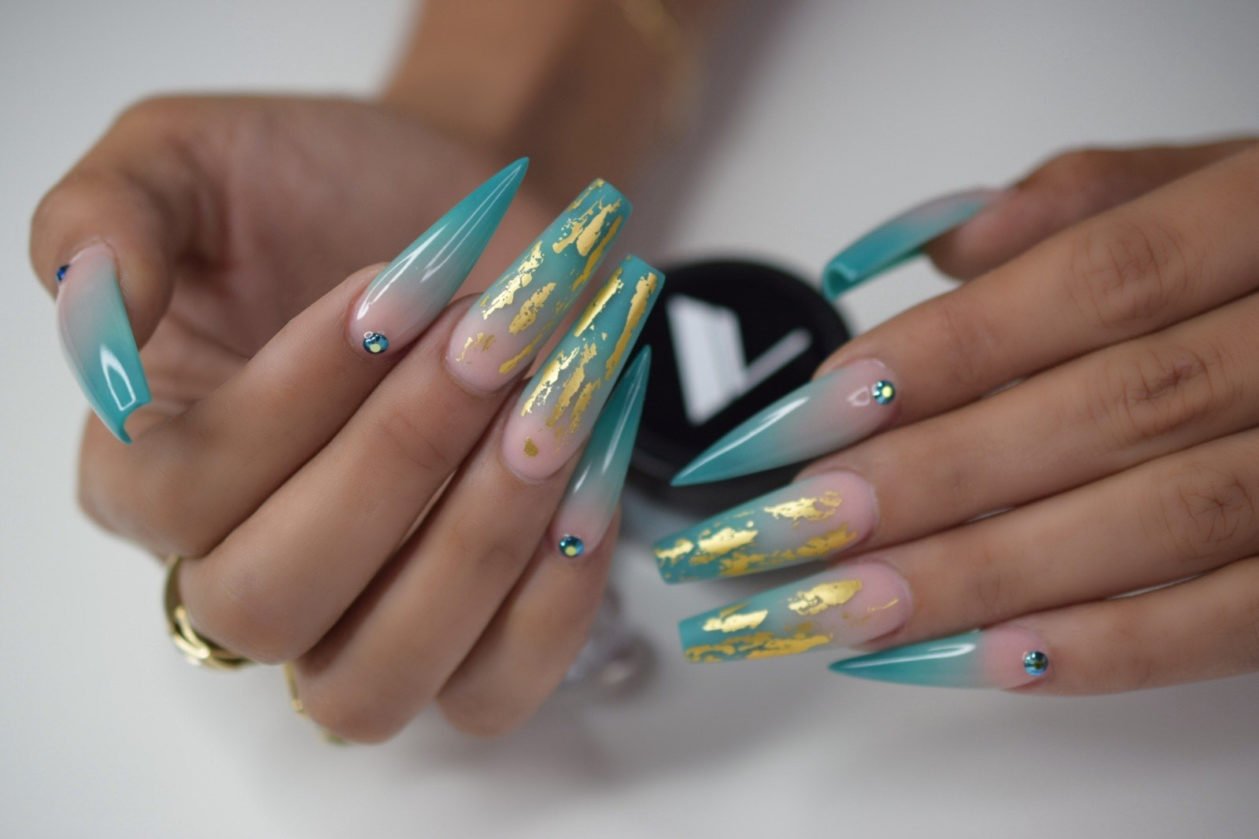Beauty specialists are finally getting the respect they deserve.
Although the coronavirus pandemic has decimated the beauty industry as a whole, forcing the closure of numerous salons throughout the country, the silver lining has been the rise of technicians as entrepreneurs. No longer tied to salons relying on outdated business models, nail specialists and hairstylists have turned to social media to attract new clients, boost their brands and start businesses. What started as a side hustle has become an industry disrupter, with the biggest beneficiaries being consumers.
I love raising awareness of the value that technicians hold in the beauty industry. It is important that salons recognize that these workers practice a unique craft and are artisans, forming the backbone of an industry which transforms people into characters. Investments need to be made in technicians so they can become brand ambassadors or hold product exclusives on company websites; by merely using a certain product, they raise awareness for the brand and make it more valuable. Unfortunately, however, the industry made it difficult for workers to break out on their own, even with decades of experience and celebrity client rosters. Prior to COVID-19, most salons cultivated a scarcity mindset among employees and contractors. Nail technicians ruthlessly competed for clients and were often typecast as pedicurists despite possessing industry expertise and craftmanship.

As the pandemic has accelerated certain business trends, like remote work and automation, the beauty industry is undergoing its own transformation via influencers. Beauty specialists have grown massive social media followings during quarantine by showcasing their work online, they are now looking at the best ways to position themselves once the economy reopens. Social media savvy technicians have disrupted businesses around them for years, but what has changed during the pandemic is the scale in which this model is applied. With so many people’s eyes glued to social media, technicians take priority over their respective establishment; clients want to pay for a trusted specialist whose services they’ve vetted on Instagram, rather than a salon that could be gaming search engine results. Clients now buy the person first, and the business second. Many beauty companies now turn influencers into their spokespeople, hoping the audience sees their product or establishment on a subliminal level.
There are major opportunities right now for artists looking to transition from their canvasses into business owners and trusted brands. Rather than building a client roster through old-school networking (which is increasingly difficult given restrictions), specialists can showcase their work on social media and build up a wider-reaching power-base. Additional opportunities exist around beauty companies with a lot of great branding around them, but not a lot of revenue streams due to the pandemic. Salon chains in California are very cheap right now and can be acquired at a fraction of what they’re worth; a group of specialists could pool their resources together to take out a loan and acquire these legacy brands.
Although there is great sadness arising from layoffs and business closures, the pandemic will shape the beauty industry for the better. Workers with specialized skills are empowering themselves, beauty brands are being held to higher standards of cleanliness and customers are appreciating the craftmanship behind services. And an industry run by technicians is a wonderful thing: we know how to make people look and feel their absolute best.

David DiLorenzo founded Valentino Beauty Pure, a nationally recognized beauty brand.







